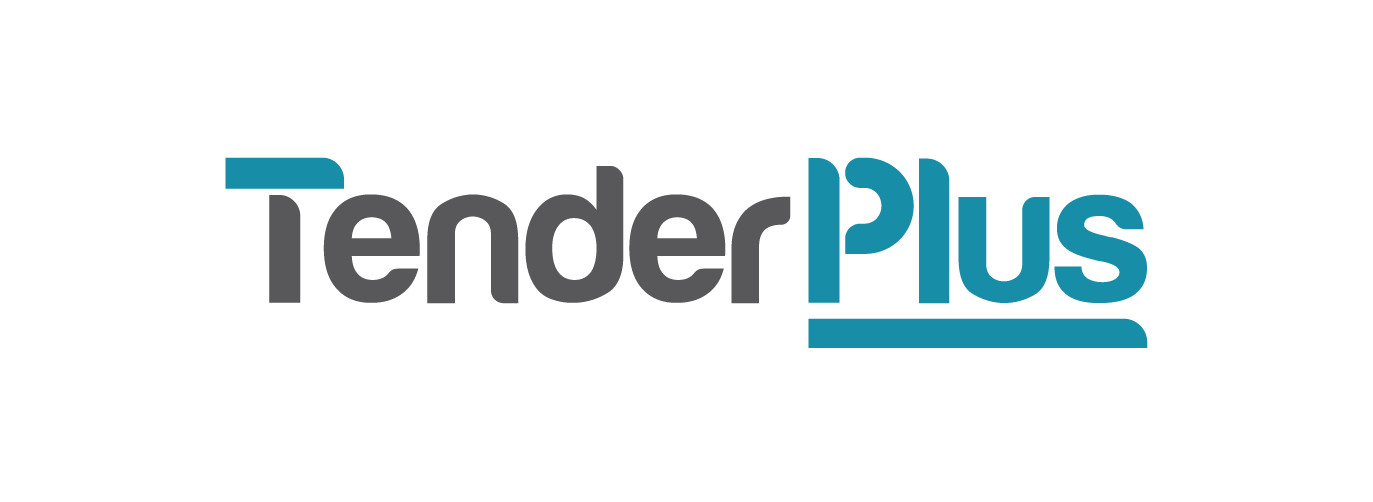How being selective helps you get selected
Laura Moylan, Tender Specialist (Perth)
“It’s just a numbers game” is the mantra of sales teams worldwide.
When it comes to tender strategy, this couldn’t be further from the truth. For greater success in bidding, you first need to understand what your strategic business objectives are and what you need to do to reach them. The bid selection process you follow should align with your strategic business objectives so you clearly understand:
What types of projects and client relationships will help you to achieve strategic business objectives
Why you should (or shouldn’t) work with a particular client or on a specific project
When is a good (or bad) time to not only bid but also deliver the work relative to the operational capacity and capability of your business
How you can deliver on what you have promised within your offer.
Knowing exactly what, why, when and how you should bid means you are better informed on the risks and opportunities of each bid.
Figure 1: Understanding the importance of bidding strategically provides significant organisational benefits
Figure 1 illustrates the benefits of a strategic bidding approach to winning work for your organisation. In order to decide whether a particular tender is worth bidding for, you can ask yourself and your team a series of questions.
9 questions to ask before you commit to a tender
Will this project help to achieve strategic business objectives?
Considering the client, competition, and project - are we in a good position to win this project?
Do we have enough personnel, plant and equipment resources to deliver this contract (or do we have a solution in place to fill gaps in capacity)?
Do we have the right skills and experience to deliver this project (or do we have a solution in place to fill gaps in capability)?
Will we be capable of developing a competitive solution to address the client’s concerns in our submission?
Do we have appropriate and experienced personnel resources available to develop and produce the submission (or do we have a solution in place to fill gaps in capability or capacity)?
Do we understand and have all the information we need to submit a bid (or do we have a solution to obtain any missing information)?
Are we able to meet all of the submission requirements (in particular, the mandatory requirements and any commercial terms and conditions)?
Do we have enough time to research, review and produce a detailed and compelling submission?
If your answer to any of the questions above is no, you should not be bidding. Taking the time to truly consider the impact that undertaking this bid and project will have on your team and business as a whole will allow effort to be focused in the most sustainable direction.
Don’t stick it out if it doesn’t make sense. Even if you are part-way through a bid, if the project is not well aligned with your business’ capability, capacity and strategic goals, consider opting out to focus on endeavours that are a better fit. Don’t let sunk costs influence your decision to remain in a bid – it will cost you more in the long run!
It might be scary to initiate a selective tender strategy process but making sure that you choose bids that align with your capability, capacity and business goals is more beneficial than it is risky. Not only will it reduce the overall cost of bidding, but you’ll also improve the quality and competitiveness of your bids, encourage innovative solutions and keep your team happy and operating at their best.
Before you commit, check that the decision to bid is qualified - not by default.
If you want to start being more selective about which bids you take on, but don’t know where to start, Tender Plus can help. We provide tender consulting services, including tender coaching, tender writing services and tender preparation. Contact our team today to find out how we make implementing tender strategy easy!
If you liked this topic, you might be interested in Are you REALLY ready to tender? and When No-Go is the Go.

